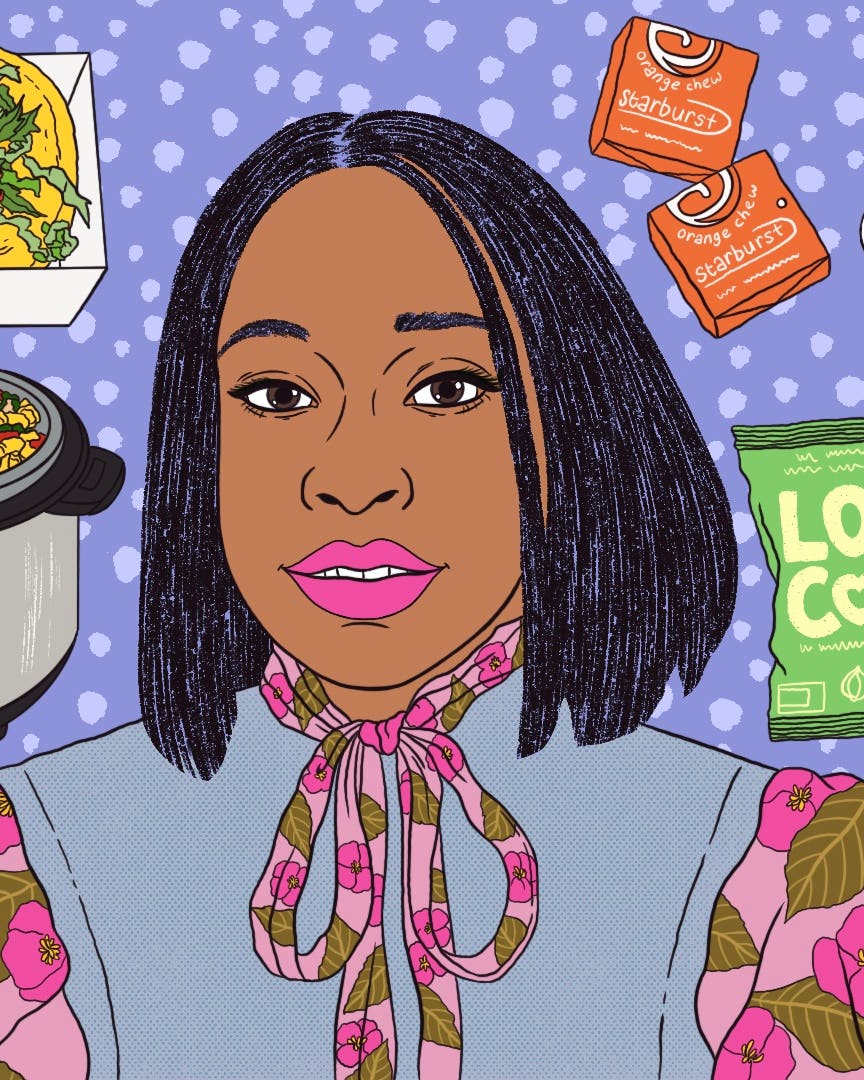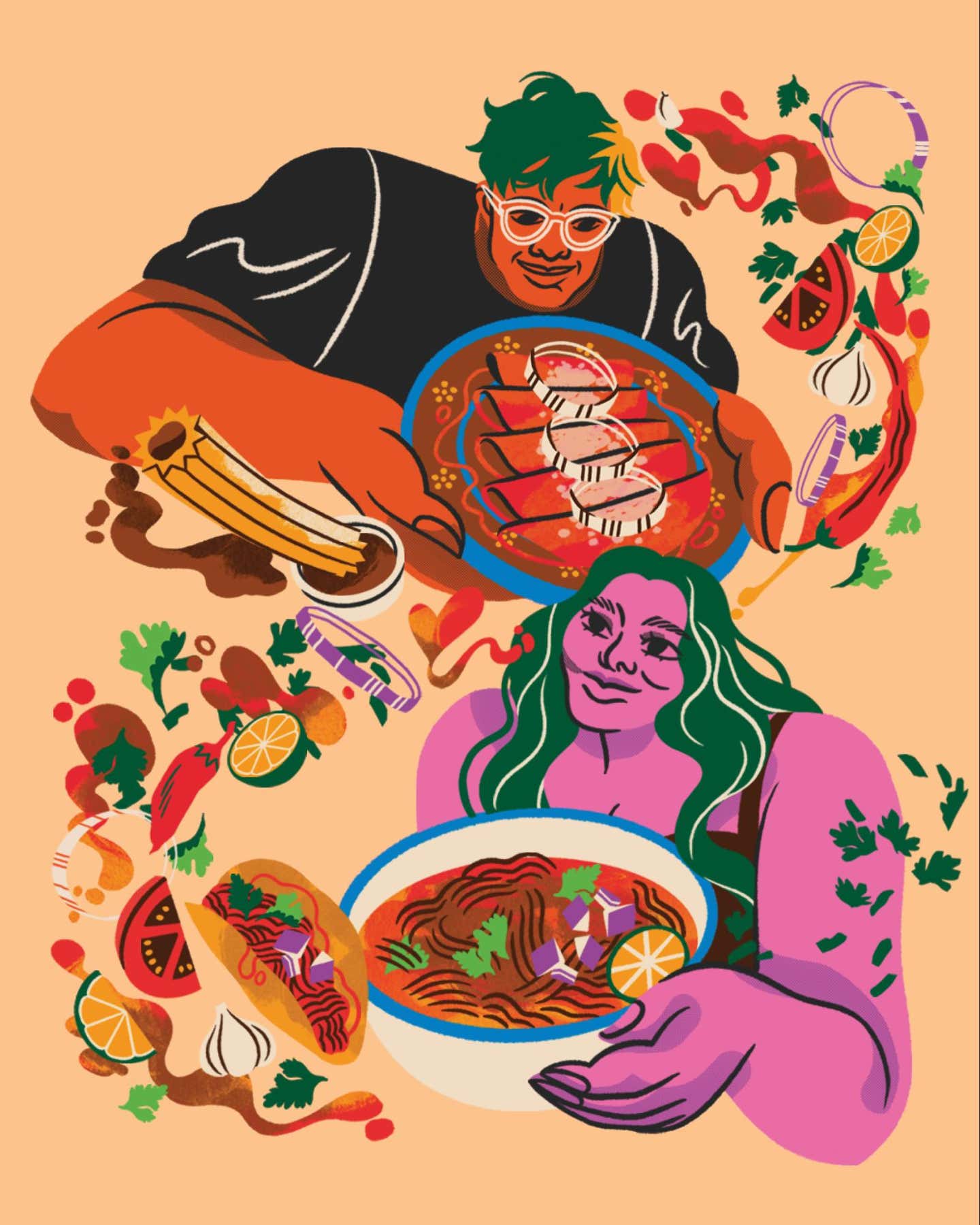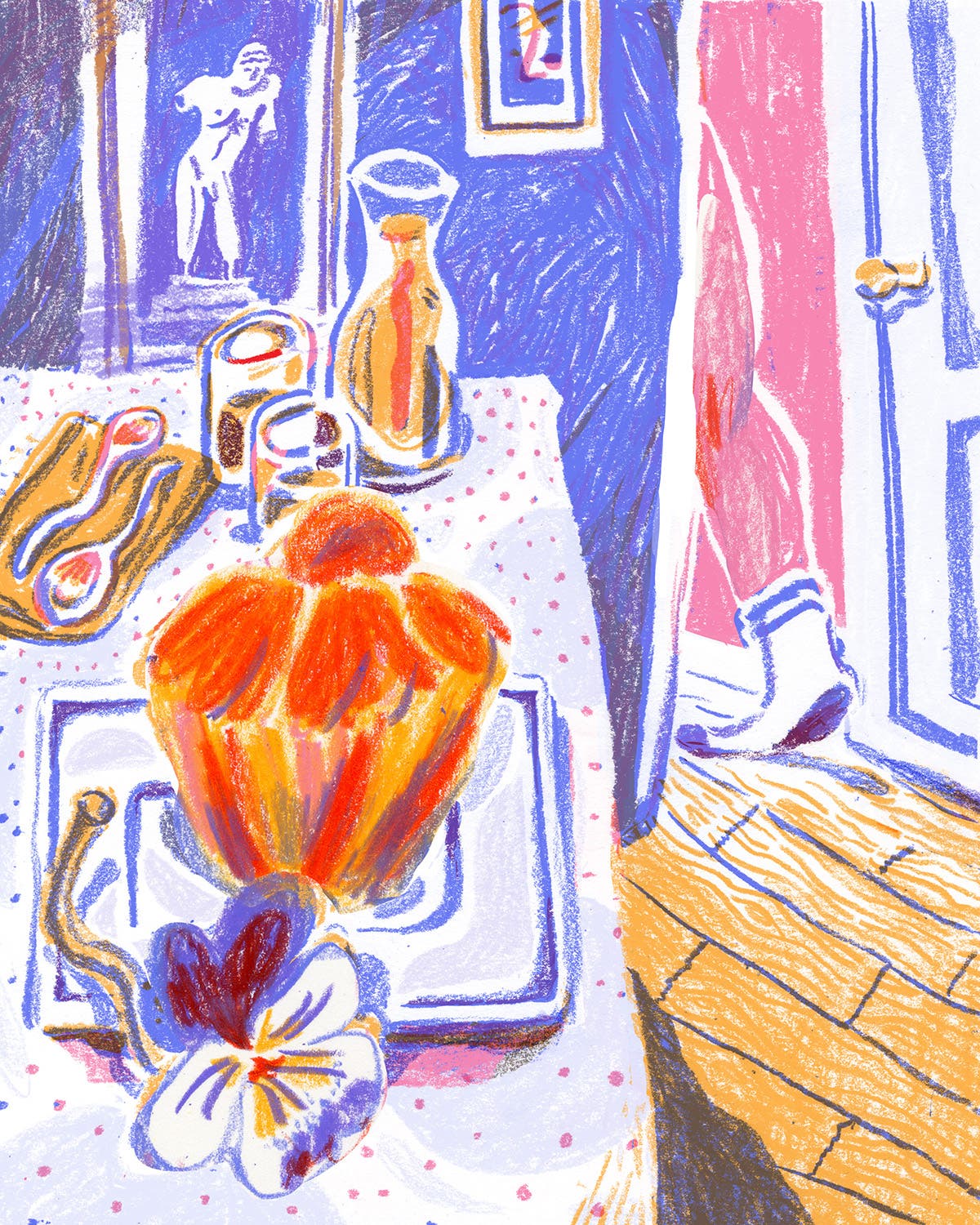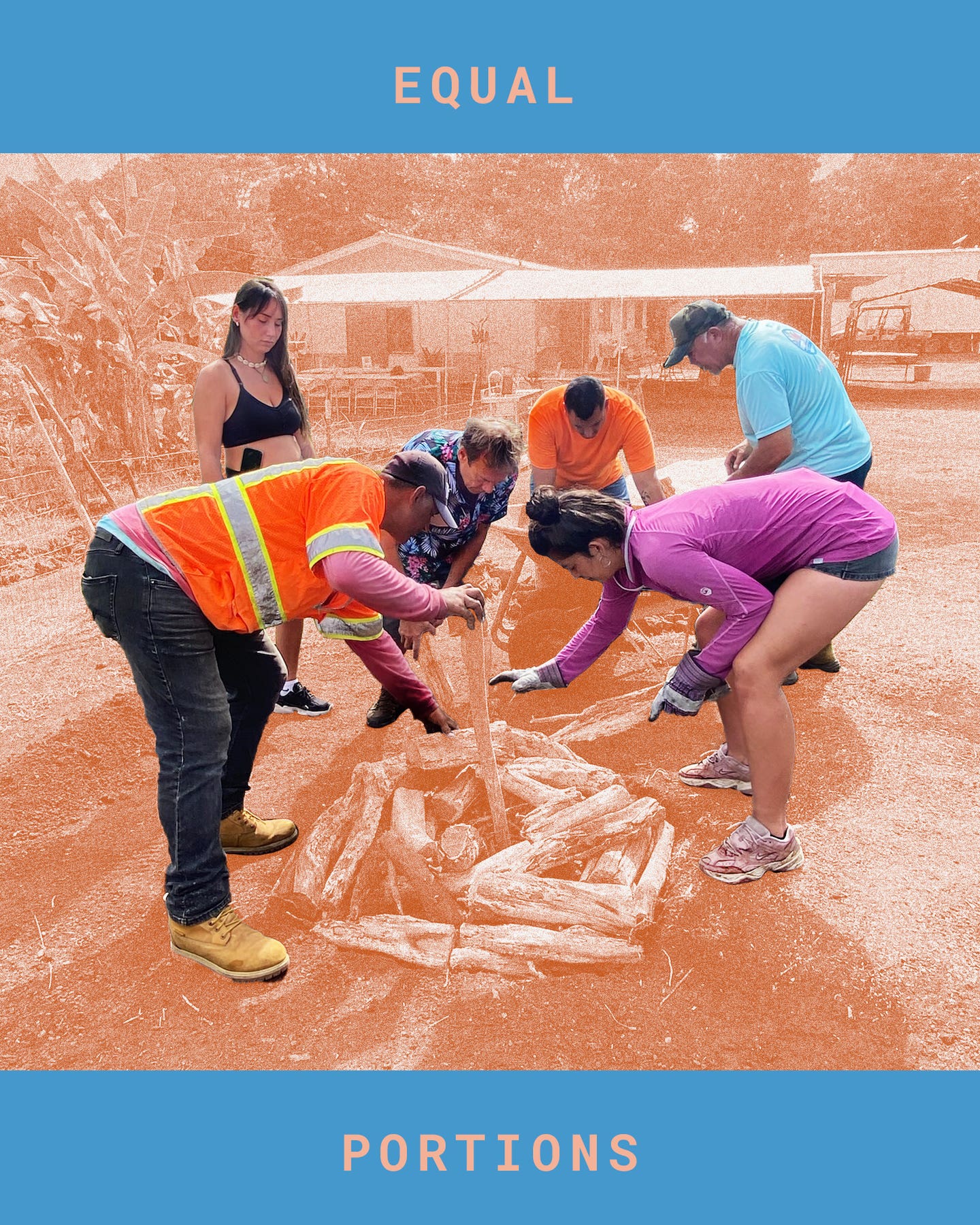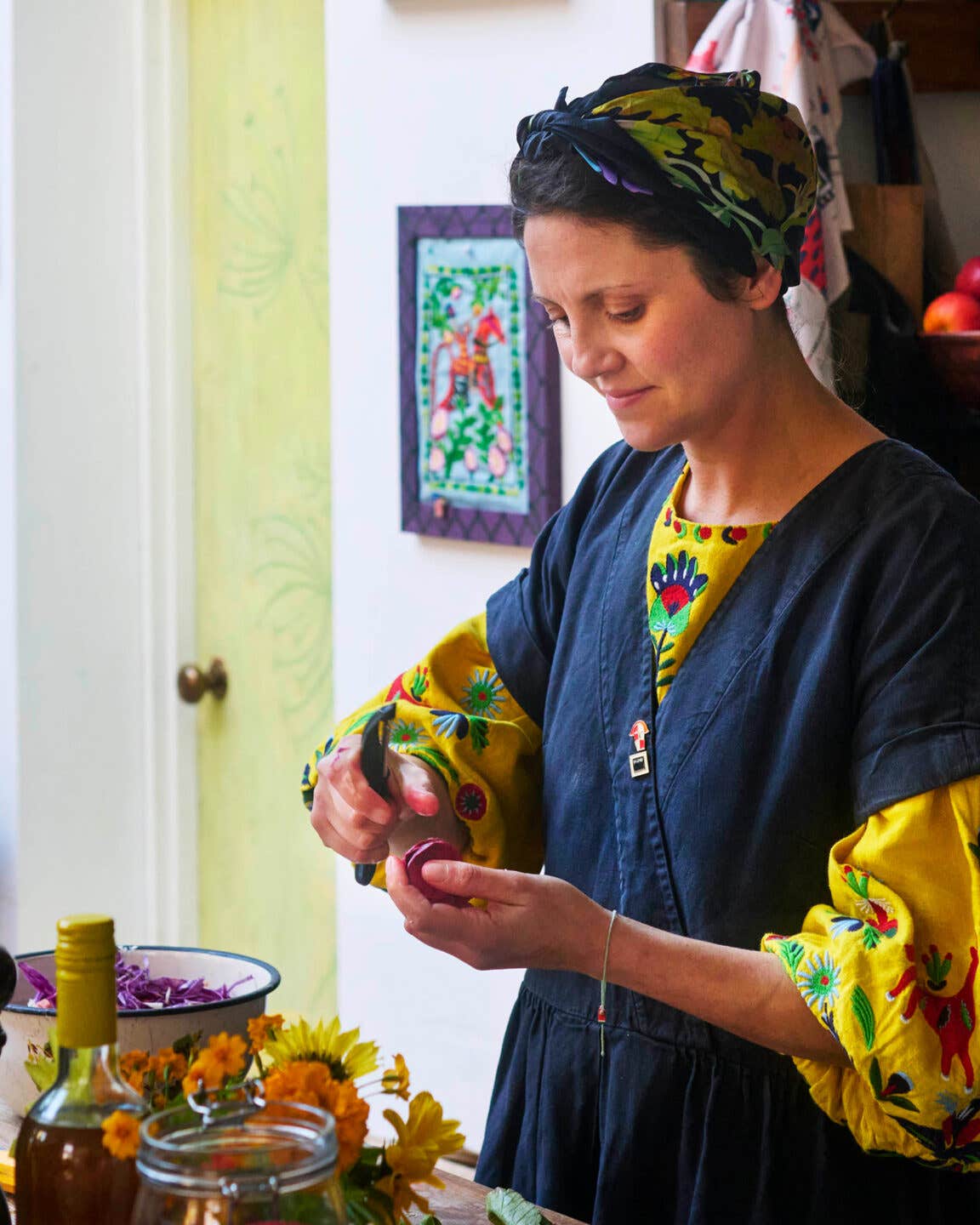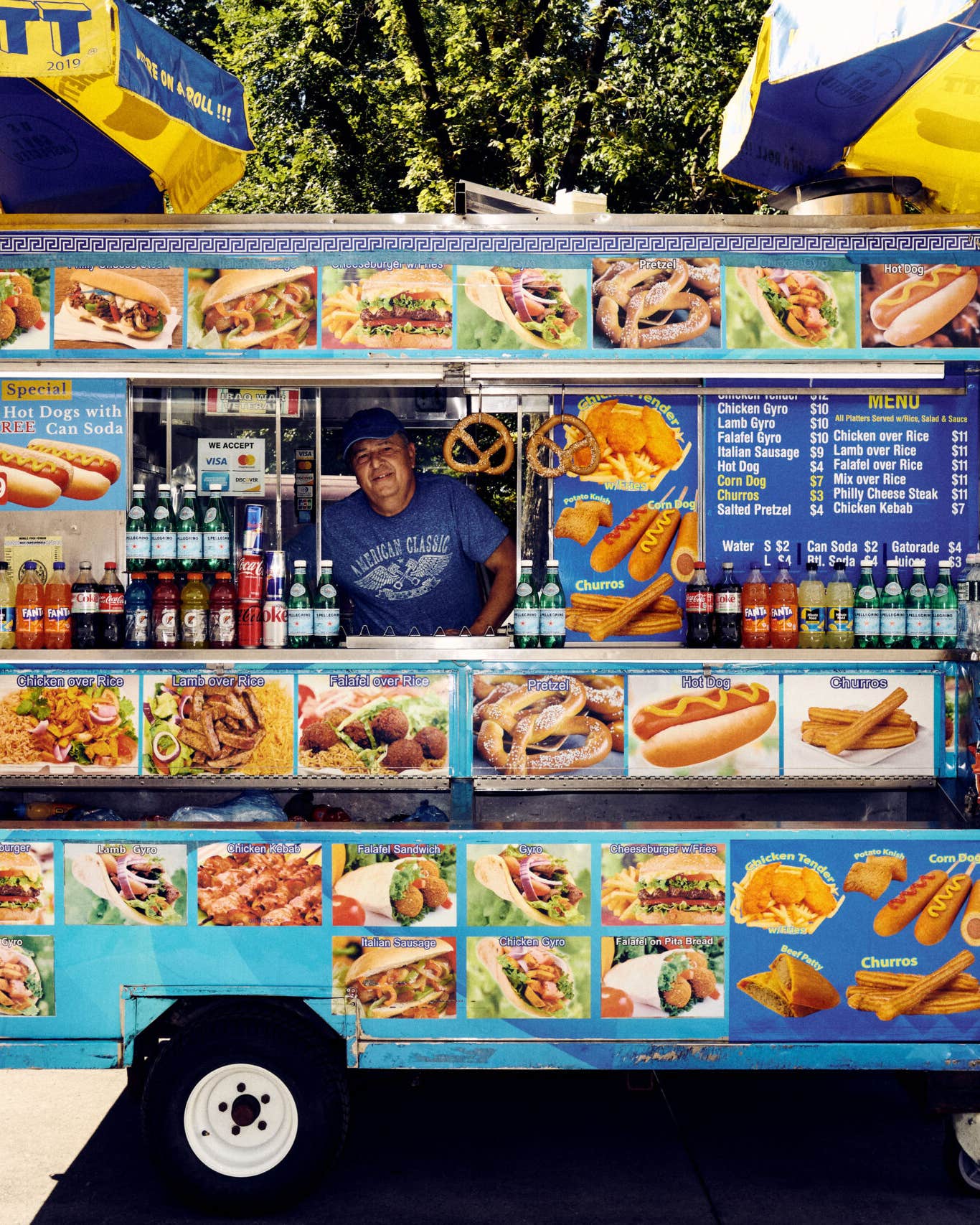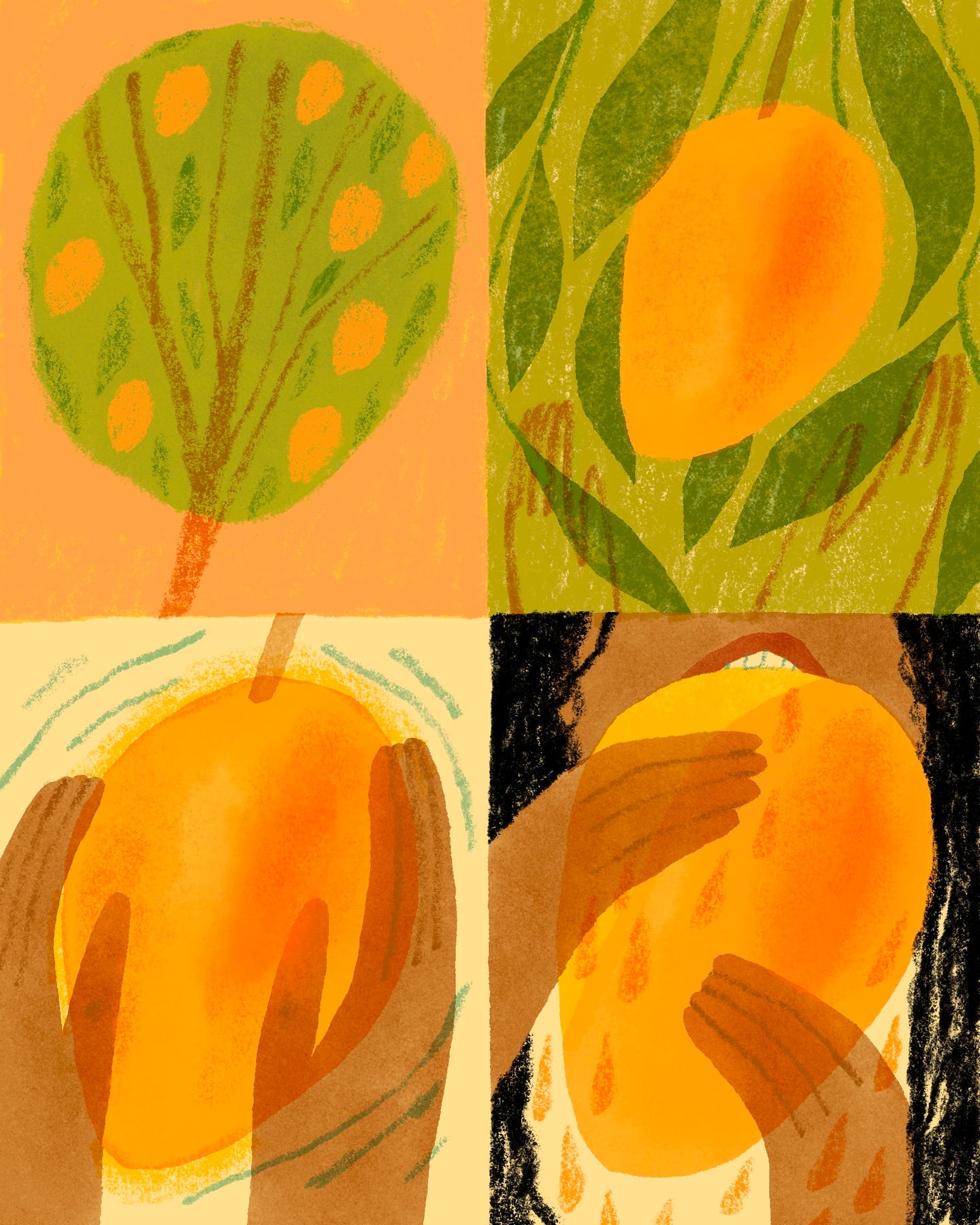
Why Oat Milk Is Too White—And How One Brand Is Determined to Change That
This Black- and queer-owned business is flipping the script on health food through a new plant-based creamer that baristas can’t get enough of.
The relationship between “healthy” food and inclusivity tends to be inverse. Health food brands often project an aura of exclusivity around their products. Ghost Town Oats, the world’s first Black- and queer-owned oat milk company, wants to break down the barrier surrounding one of today’s trendiest health-promoting products—one delicious, creamy cappuccino at a time.
As of late July, the LA-based brand is officially available in select coffee shops in Los Angeles, like Dayglow and Obet & Del’s Coffee, and Chicago, like Stan's Donuts. It’s the fledgling company’s first step toward creating a deeply inclusive, widely available, and (attention, baristas) better-tasting oat milk.
Like many newish and innovative food companies, Ghost Town Oats was a brainchild of the pandemic. Stuck at home, veteran coffee professionals Michelle Johnson, Ezra Baker, and Eric J. Grimm decided to join forces and create a product that they felt the industry needed. Their goals were threefold: taste, texture, and culture. “We really homed in on what flavors we wanted,” said Baker on a recent phone call, explaining that many of the existing oat milks tasted overwhelmingly “oaty.” Their goal was to create one with a taste and creaminess that approximated whole milk.

Because all of the founders are baristas at heart—Johnson, known for her blog The Chocolate Barista, was in fact the first Black woman to qualify for the U.S. Barista Championship—it was important that the milk alternative they created could steam exceptionally well. “That was the number one thing that we wanted to do,” said Baker.
Finally, they wanted to reach customers they believe have too often been excluded from plant-based milk culture—specifically, communities of color. Currently, according to Baker, the target audience for alternative milks largely overlaps with wellness adherents—mostly white, mostly affluent. According to Baker, “we want to be the bridge” to a much wider, more diverse customer base. “We want to be the Sprite of oat milk,” he continued, in reference to how the lemon-lime soda was historically heavily marketed to African American communities. But unlike Sprite, oat milk carries nutritional benefits—and it’s lactose-free, a significant consideration for communities of color that Baker points out are more likely to experience lactose intolerance.
The company’s commitment to inclusivity runs so deep that it’s even built into the financing. Through the WeFunder platform, the company invites anyone to buy a piece of the pie (for as little as $100) and potentially earn a return on their investment. As of this writing, Ghost Town Oats has raised $236,518 from 392 investors.
If investors have proven to be eager, so have customers (and wannabe customers). According to the company’s WeFunder page, the waitlist for coffee shops wanting to carry Ghost Town Oats has soared past 100. Reminiscent of the explosive growth of the bonafide unicorn startup Oatly, Ghost Town Oats stands to scale fast. “It’s almost scary for someone who's never done this. I'm freaking out a little bit,” said Baker with a laugh. “But we’re having fun.”
When asked about his ultimate vision of success, Baker didn’t mention funding rounds or financials. He replied, “Success for us would be to go to any bodega in New York City or in Brooklyn and find our product there.”
Keep Reading
Continue to Next Story
